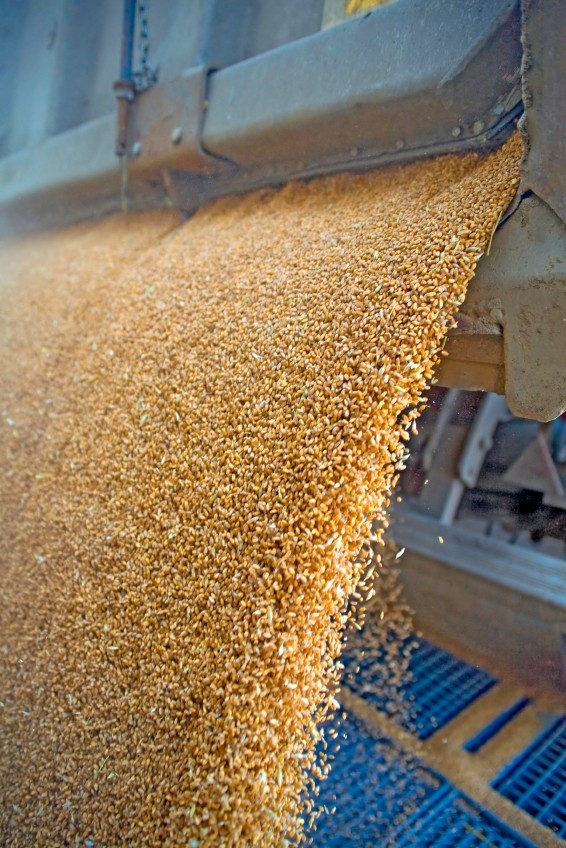Cargill posts Q4 loss, cites underperforming emerging markets

The agribusiness giant had posted earnings of $376m in the same period last year.
It said revenues for the three months ended 31 May 2015 dropped $7.8bn to $28.4bn on Q4 2014.
David MacLennan, Cargill’s president and CEO, admitted the global crop processing and trading group did not meet its own expectations on earnings:
“The economic environment remains sluggish in many emerging markets where we have invested significantly over the past several years. Even so, we aim for growth and profitability through these cycles. We are moving forward with good progress on changes begun last year to optimize the business portfolio, reduce costs and increase operational effectiveness.”
He noted, however, all four of the company’s business segments were profitable and the loss in the three month period resulted from a charge related to an internal planning system and an additional cost linked to Venezuela’s currency.
Animal nutrition
The animal nutrition and meat division generated higher full year profits with strong performances globally but Cargill reported softer results in some animal protein businesses put Q4 earnings for those operations below the year-ago level.
The North American market witnessed high cattle costs, which it said decreased beef’s competitiveness relative to other meats.
“Our global animal nutrition business was a strong performer for the year. It executed well across its global operations, and continued to see good growth with its broad mix of products and services in key markets,” a Cargill spokeswoman told us.
Gilles Houdart, global additives marketing manager for Cargill's animal nutrition business, speaking to this publication back in February, said sales of gut health and mycotoxin control products in China, India, Russia and Latin America, were fundamental drivers for the division.
Such penetration was fueled by “raised awareness of antibiotic reduction and mycotoxin issues in those markets as well as a growing recognition of the need to continuously improve animal production standards,” he said.
The company has also been increasingly focusing on natural antioxidants, looking beyond their mere usefulness as partial vitamin E replacers and appraising their benefits in overall animal performance, particularly in the early life stage.
Higher US soybean crush volumes
Full-year earnings in its origination and processing business were up slightly for the year; but Q4 results for this division also lagged the 2014 earnings, said Cargill.
The firm said the record-large crops of recent years in the Americas have seen the rebuilding of global stocks, which reduced price volatility and limited market opportunities for many of the segment’s businesses resulting.
Adverse economic conditions hampered results in Argentina, though, as farmers held their crops. Brazil also experienced slower farmer selling due to lower global prices for corn and soybeans, said the Minneapolis-headquartered company.
However, it said results in North America were strong. “The combination of a record US soybean crop, limited supplies from South America and a strong export pull for most of the year boosted soybean crush volumes in North America, even in the typically slower fourth quarter.
After months of unusually high grain-handling and export volumes in Canada, driven by the country’s very large 2013 and 2014 harvests, the segment’s grain origination returned to more normal levels in the fourth quarter.”

!['We have not set any target for reductions in our workforce.' Cargill denies job cuts planned [pic:(c) istock.com]](/var/wrbm_gb_food_pharma/storage/images/_aliases/wrbm_medium/1/9/9/2/722991-1-eng-GB/Cargill-CEO-brings-in-more-streamlined-strategic-management-job-cut-rumors-dismissed.jpg)














